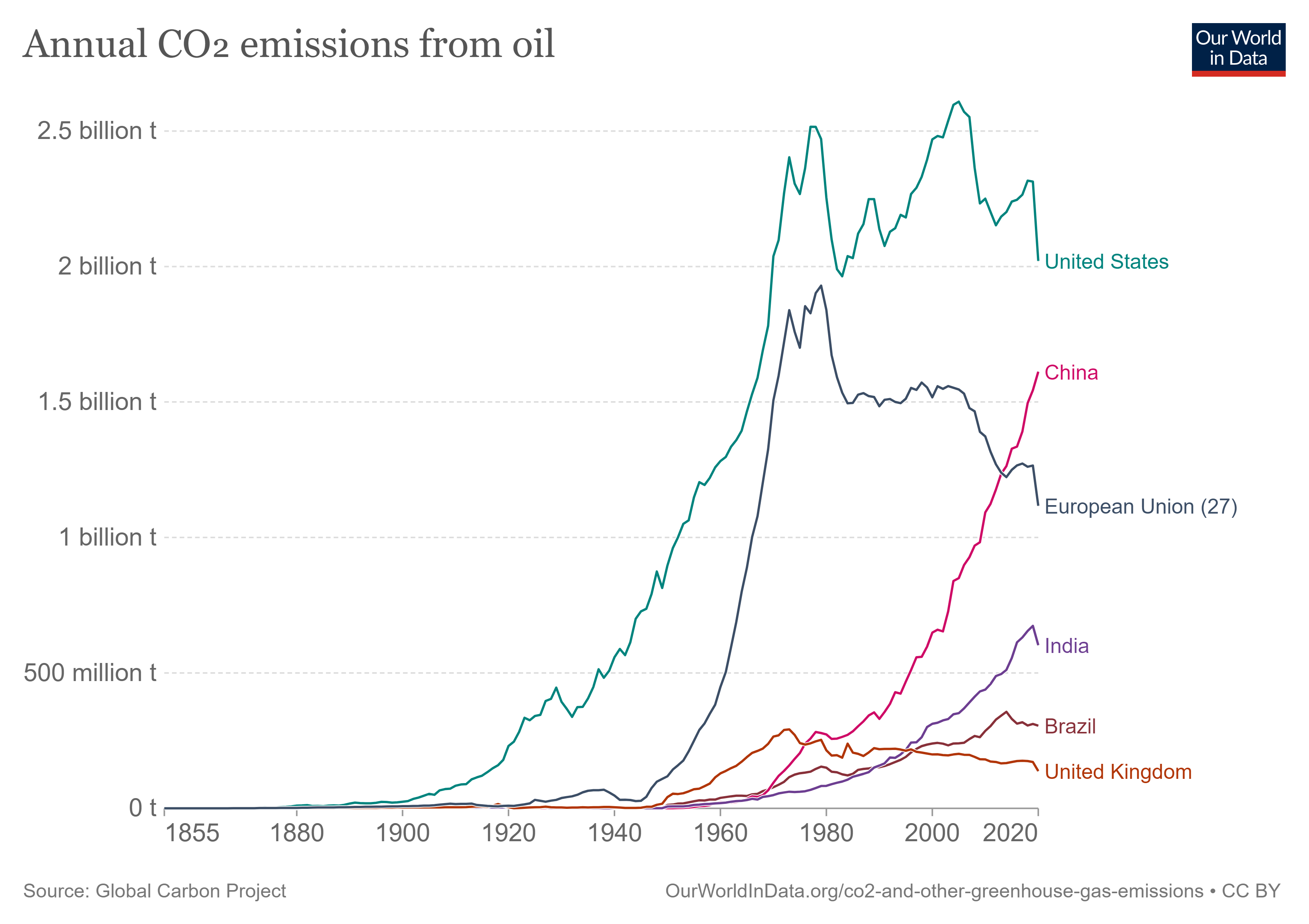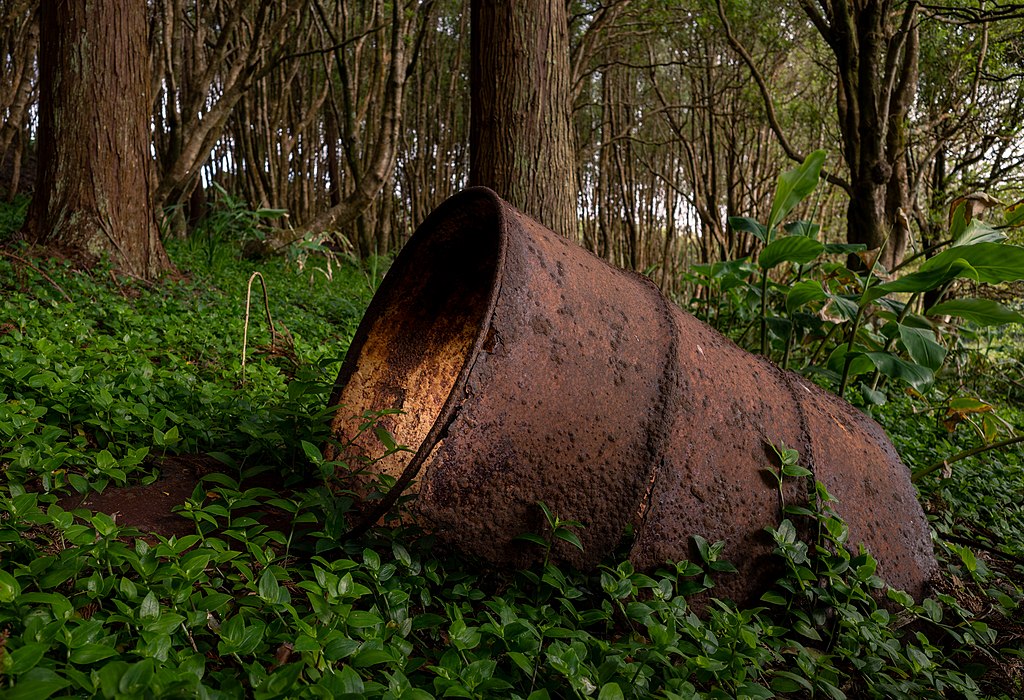Bills from past consumption are coming due. Economic gaps between what we need and what we can afford are severe. It’s time to live more simply. There may be no other choice.
We live in a time of reckoning. The converging crises that we’re beginning to meet head-on include unsolved systemic problems kicked down the road, economic gaps, social upheaval, natural disasters, infrastructure decline, resource depletion and leadership failures, but they’re all part of the same storyline. Complexity of all kinds is becoming harder to maintain, at greater cost and with less ability to pay. When such systems can no longer be propped up, the dramatic simplification that follows is necessarily traumatic. However, understanding why it’s all happening is key to figuring out the best way through the changes ahead, and how we do so will determine the cultural legacy we leave for those who come after us.
Let’s break that down a bit and look at the individual parts.
For most of human history, our energy resources were pretty basic. There was freshly fallen sunlight (heat and light), the plants that used that sunlight (food, wood, biomass), and the muscle power of the people and animals that ate the plants and animals. Add a bit of mechanical power from, say, waterwheel-driven mills and sails pushed by the wind, and that was it. The world got by since time immemorial on these energy sources, with the occasional innovation (like crop rotation) or influx of “new” resources (like a couple continents’ worth of land, once the original inhabitants were killed or marginalized) that fueled a certain level of growth.
The Industrial Revolution changed all that. Harnessing first coal, then oil, humanity gained access not only to recently stored sunlight, but millions of years of fossil sunlight that could be burned to power machines of all kinds. People didn’t have to painstakingly pump water, dig holes, weave cloth or plow soil anymore, at least not those who could afford machinery and fuel. Engines led to cars and freeways. The newfound prosperity was eventually invested in infrastructure, food, technological advances, moon shots, cheap imported goods, and increases in population, consumption, and overall complexity. When people had enough to eat, jobs, savings, and a certain level of wealth, suddenly it became easier to get along with each other, which aided the expansion of civil rights. Computers and the internet connected the world (for better or worse). Suddenly, it seemed inevitable that we would get off this rock and colonize the stars!

From the late 1940s to the 1970s, the United States rode the oil wave as if there were no tomorrow. It was easy to find a job if you were willing to learn and work, and the wages enabled a single breadwinner to afford a family, a home, maybe a car and an annual vacation. College was cheap and a ticket to upward mobility. The 1973-1974 oil embargo, however, was a big clue that the prosperity wouldn’t last forever, and if we had learned from it (remember President Carter’s cardigans and solar panels, the “back to the land” movement and “appropriate technology”?), maybe we’d be on a better path today. Instead, voters embraced Reagan’s “Morning in America,” a message that sacrifice and simplification were unnecessary. Costs, both fiscal and social, were ignored, kicked down the road or paid on credit.
Since then, it’s been a downward spiral, digging the hole we find ourselves in today.
Economic gaps began to widen (further) between the Haves and (more of the) Have-Nots. Productivity gains flowed upward to the wealthy instead of being shared equitably, especially after the death of the labor movement in the United States. (It is only now lurching back to life, in response to a multitude of hardships.) Both major political parties, regardless of rhetoric, still support the continued rule of elites with only occasional bones thrown to us little people, largely consisting of culture war victories rather than improved material conditions.
That may be because they’ve done the math when it comes to resource depletion. The moment of global peak oil production will be hard to pinpoint except in the rear view mirror, but global demand has almost certainly crested and the fact that we’re scraping the bottom of the oil barrel with rapidly diminishing fracking wells signifies that oil is unlikely to fuel the infinite growth that capitalism demands. If growth falters, we can expect economic gaps to continue to grow between those who live in secure, gated compounds and those who struggle, and sometimes fail, to scrape money together for increasingly outrageous rents.
When the wealthy don’t pay taxes and the lower classes can only pay so much, the eroding tax base is a leading indicator for a major decline in living standards. Infrastructure, like roads, bridges, sewer systems, water treatment plants and schools, has an expiration date, and much of the post-WWII construction boom is reaching the end of its useful life. The sheer amount of concrete it would take to rebuild all of it is daunting, and it may not be possible to maintain the infrastructure we count on anymore. Even if a sufficiently large pot of money appeared out of nowhere to cover the costs, doing so would accelerate the climate crisis.
Climate, too, is driving an increase in unavoidable, yet unaffordable costs. When wildfires consume homes and businesses, when more intense storms knock them over and floods engulf them, private and government-based insurance programs have generally picked up the cost of rebuilding. That will not be sustainable much longer, and economic gaps between the tax base in disaster-prone areas and the cost of rebuilding means it might not happen at all. Crop losses are sure to make food more expensive at a time when many families are struggling to feed themselves as it is. Any disaster (or combination thereof) can push those barely hanging on the edge into the abyss.
If we’re going to make any real attempt to transition to large-scale renewable energy, adding that capacity is yet another (rather expensive) cost on top of everything else. Building all that new infrastructure won’t only be fiscally daunting, it’s also carbon-intensive. There may not even be enough rare-earth minerals on Earth to do the job. If Tesla, for example, were to build 20 million electric cars a year to help replace the global fleet, their effort alone would absorb 30% of the world’s nickel production just to make the batteries. (That sounds like a lot of cars, but 80 million motor vehicles were built globally in 2021.)
Tying it all together: the bills are coming due. Collectively, and likely individually, we have to make some hard decisions about whether we should rebuild old, outdated, and repeatedly destroyed infrastructure, make new investments to de-carbonize the economy, and/or continue to support other complexity (such as multiple levels of local, state and federal bureaucracy, private sector management hierarchies, bloated militaries, thousand-mile food systems, prioritizing the consumption patterns of the wealthy over the needs of everyday people, and so forth). We’re going to be making these decisions at a time when economic gaps between what we need and what we can realistically afford are growing, so we may find that we don’t need as much as we currently think we do.
This is how all the added complexity, which solved the problems of the past, becomes its own problem. It’s problematic to do without it, and it’s problematic to continue as we are. Simplifying our culture solves some of those problems while introducing others. There is no magic bullet, just as there’s no endless supply of energy (whether clean or dirty) to underwrite our choices anymore. It’s going to take some gritty hard work. Sure, it’s depressing. It’s OK to mourn the future we thought we had. But then it’s time to stand up, skill up, and get to work. A new normal is waiting for us.
Related: Trump and the Infrastructure Trap


Join the conversation!